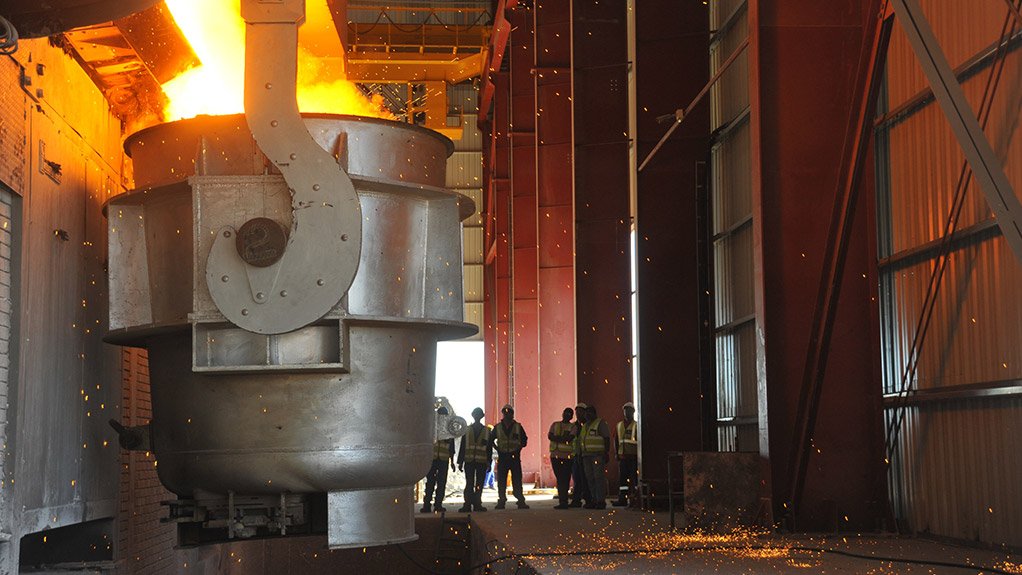With world trade conditions changing as a result of a global commodity slump, South Africa’s industrialisation drive requires increased urgency if the country is to survive [economically] and become prosperous, says Department of Trade and Industry (DTI) director-general Lionel October.
Speaking at the DTI’s Industrial Parks Revitalisation workshop on Tuesday, he highlighted that the department sought to make R80-million immediately available to breathe new life into South Africa’s neglected industrial parks.
“We made a policy error in the early 90s, as we left our existing industries undeveloped, which created a backlog,” October highlighted. But, he noted that revitalising and refurbishing the country’s industrial parks to add economic value was now “firmly on the agenda”.
South Africa had always been over-reliant on its raw materials, as it has the biggest percentage of the world’s natural resources. “But the world [no longer wants raw materials], it wants manufactured products . . . so we need to immediately change the [country’s] business model,” he noted.
Citing media reports, October said South Africa’s exports to China fell about 30%, which meant that trade with the country’s biggest partner was declining, as “we are exporting raw materials – iron-ore, coal and so forth – and, as you know, the world is not buying those products anymore”.
He stressed that, consequently, South Africa needed to accept that industries and the manufacturing sector needed to be reinforced and developed across the country, adding that the industrial parks that were built by the pre-1994 regime presented an ideal platform from which to reinvigorate the country’s manufacturing sector.
“We want to now put together a programme and we have been able to mobilise some resources to get the process going. We want to make an urgent appeal that we use our expertise to run these parks. We need to urgently come up with modernisation plans to make these parks attractive for domestic and foreign investors, to make it safe [through provision of] proper security and lighting and to ensure water and electricity supply.
Using Switzerland–based Nestlé as an example, October explained that as “the biggest company in the world in food and beverages”, having four plants in South Africa and expanding in rural areas, the country had the potential to offer the company and other international entities “world-class services”, using the country as their base for Africa.
He called on delegates at the workshop to “compress the period” in which these revitalisation programmes would be carried out. “Fortunately, we have existing infrastructure, even though we have been neglecting it,” he said.
October noted that there was also a “serious” need for investment in human capacity. “Highly professional teams, with sufficient resources, [could] drive these industrial parks to have world-class infrastructure, but also go on trade missions to attract investors,” he highlighted.
Also speaking at the event, DTI regional industrial development policy and planning director Maoto Molefane advised that to develop opportunities that existed in the country’s regions, “we need to ensure that businesses are participating”.
He said that national and provincial government needed to strengthen their relationships with these stakeholders, noting that South Africa’s economic activities in most regions were informed by comparative advantages, whether it was agriculture or mineral processing.
Further, Molefane highlighted that, as the industrial park revitalisation strategy was being implemented, the most important outcomes would be to see increased value of exports in terms of investments, jobs and the beneficiation of resources.
He also pointed out the importance of building value chains as these industrial parks were redeveloped.
EMAIL THIS ARTICLE SAVE THIS ARTICLE
To subscribe email subscriptions@creamermedia.co.za or click here
To advertise email advertising@creamermedia.co.za or click here











